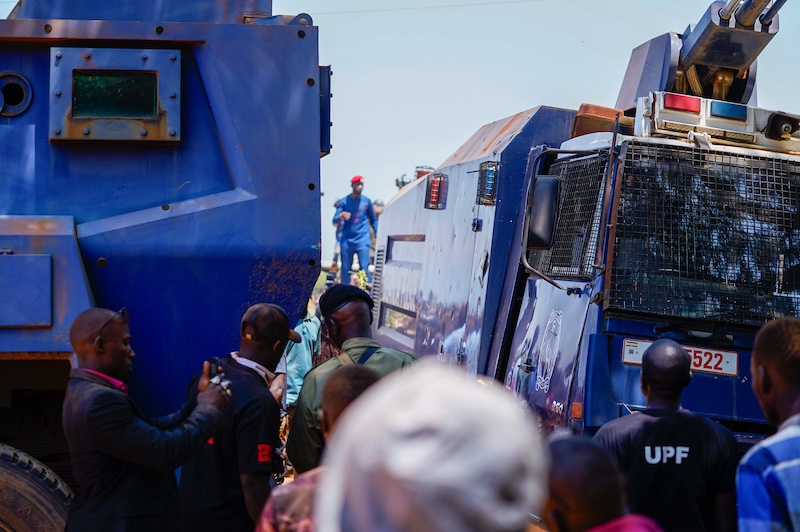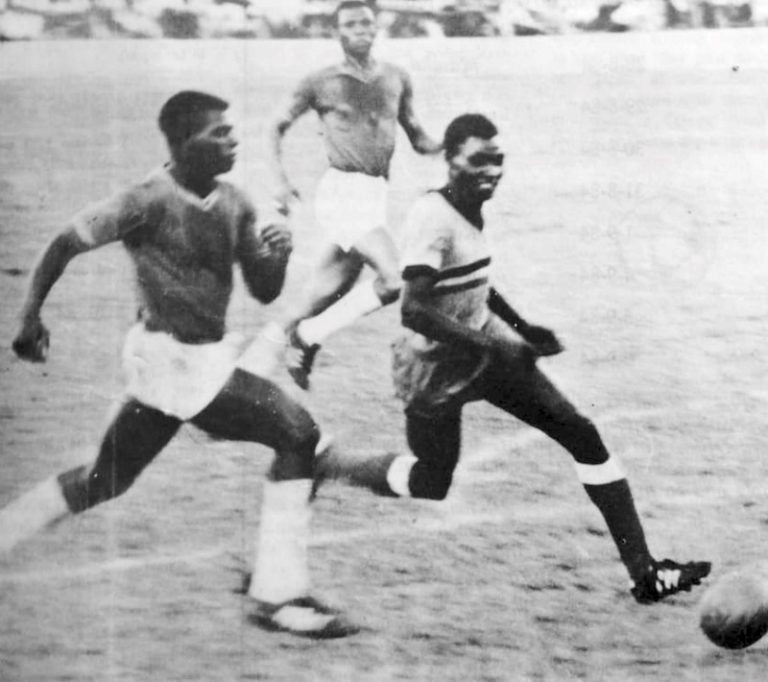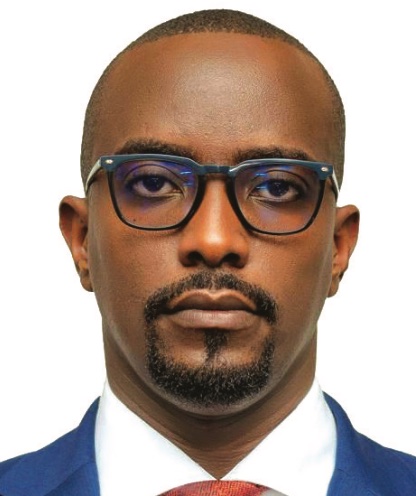
Uganda prepares for another electoral cycle, the stakes are high, and the eyes of the nation are firmly fixed on the police force.
With eight presidential candidates officially in the race, including the incumbent Yoweri Museveni, it is imperative that the Uganda Police Force embodies the principles of neutrality and professionalism that are essential to a fair electoral process.
Historically, the police and security agencies in Uganda have faced significant scrutiny for their perceived bias towards the ruling National Resistance Movement (NRM). Instances of disrupted political rallies, particularly those of opposition leaders like Dr Kizza Besigye and Robert Kyagulanyi, have raised questions about the integrity of law enforcement in a democratic society.
The police’s actions not only undermine the rights of individuals to assemble and express their political beliefs but also cast a long shadow over the credibility of Uganda’s electoral process.
Recently, General Kahinda Otafiire, the minister of Internal Affairs, emphasized that Kyagulanyi, as the registered leader of the National Unity Platform (NUP), is entitled to hold rallies and establish party branches in accordance with Ugandan law. This acknowledgment should serve as a clarion call for the police to uphold their legal and moral obligations.
Restraining or disrupting political rallies without just cause or due process is not only contrary to the law but also detrimental to the democratic fabric of our nation. The Uganda Police Force must rise to the occasion and demonstrate political maturity.
This is not merely about maintaining law and order; it is about fostering an environment where every Ugandan feels safe to express their political views without fear of reprisal. The police have a duty to remain impartial, ensuring that all candidates, regardless of their political affiliations, are treated equally under the law.
This election cycle presents a critical opportunity for the police to redefine their role. By adhering to the principles of ethics, neutrality and professionalism, the force can help build public trust and confidence in the electoral process.
The citizens of Uganda deserve to witness a police force that is not personalized, one that operates with integrity and fairness. It is crucial for the police to understand that their actions will shape the future of Uganda.
A commitment to neutrality and respect for the rights of all political actors will not only bolster the credibility of the police but also enhance the legitimacy of the electoral process itself.
Let this be the moment when Uganda Police Force become exemplars of ethical behavior, paving the way for a more inclusive and democratic political landscape. The nation is watching, and history will remember how the police chose to act during this pivotal time. The future of Uganda depends on it.



